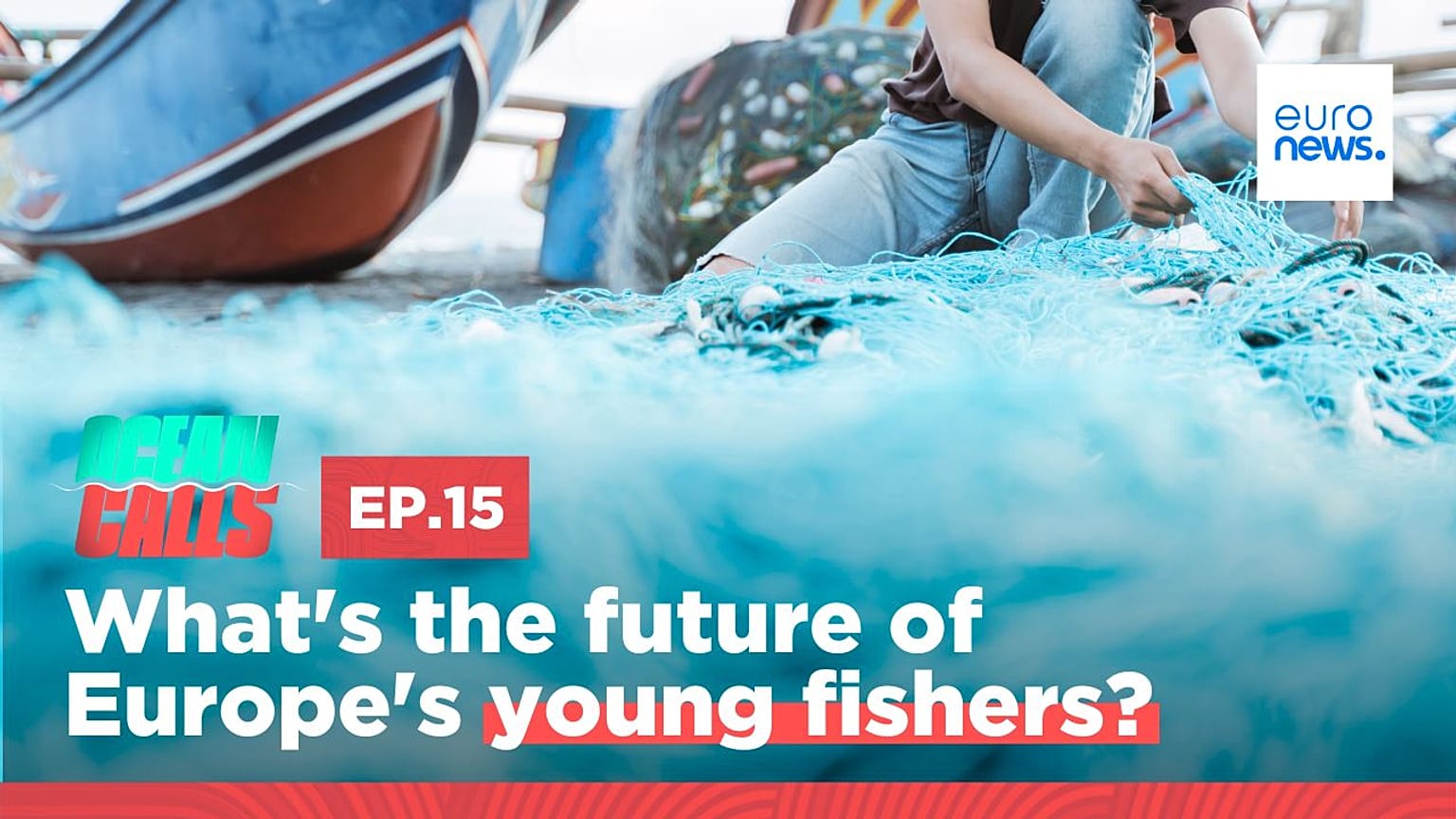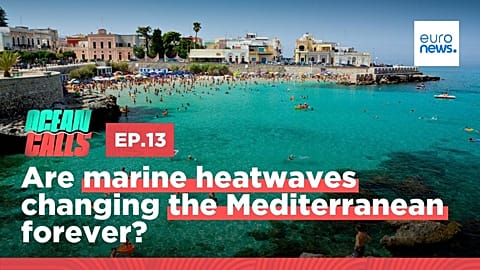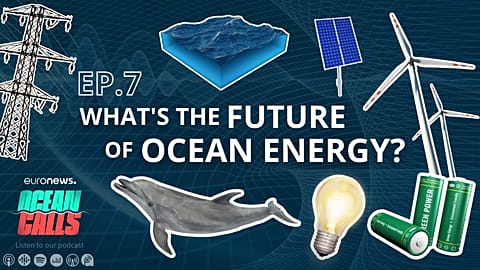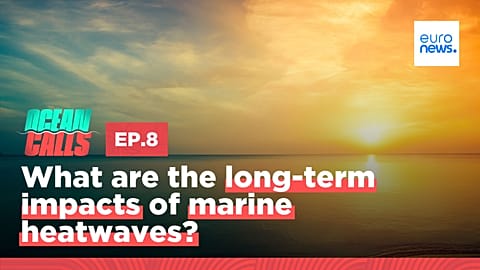As European fisheries struggle to recruit a new workforce, the sector has concerns for the future.
“We know from the most recent data (2020), [that] 10% of fishers were under the age of 25 and this is down from 17% in 2018”, says Anna Carlson, an expert in socio-economic issues at the Food and Agriculture Organisation of the UN (FAO) and at the General Fisheries Commission for the Mediterranean, in this episode of Ocean Calls.
 ADVERTISEMENT
ADVERTISEMENT
 ADVERTISEMENT
ADVERTISEMENT
“That’s a rather drastic drop”, she says.
“In our fishing school we have very few people applying”, adds Esben Sverdrup-Jensen, President of the European Association of Fish Producers Organisations.
He explains that there is a serious recruitment issue in the sector: “The ageing workforce poses several sustainability challenges and could also lead to a decline in economic and social benefits.”
In 2018, the fisheries and aquaculture sector employed around 190,000 people around Europe, but these numbers are also in decline.
However, according to Sverdrup-Jensen, the declining number of people working in the industry “is not necessarily a problem” as new technologies will lead to the automation of many processes on board.
“Some of my member's vessels are about 90 metres long. They can take three and a half thousand tons of fish and you have between six and eight people working on the boat”, he explains.
“It’s a very physical job”
“Typically, a fishing trip is less than 24 hours”, says Carlson, describing work on a small-scale vessel in the Mediterranean Sea.
No more than 12 meters long, such boats constitute 82% of the Mediterranean and Black Sea fleets.
“You're up at three in the morning to get out to sea. It's physical”, she continues. “In the winter, it's cold, it's wet; in the summer it's hot”.
After returning to port, the fishers often prepare the catch, take it to be sold and even market it themselves.
That’s why, says Carlson, the young people “would much rather have an office job”.
“But we also hear from fishers that what they love about their job is that they're their own boss. They're out in nature, they're out in the sea”.
Working in the North Sea fleet, which mostly operates large vessels, “is pretty comfortable”, explains Sverdrup-Jensen. The fishers have private cabins and showers, wi-fi connection and fitness areas on board.
“What that part of the sector has been trying to do is to address some of those issues of creating a work environment that very much matches what you have on land”.
The comfort of a pelagic vessel allows the fishers to stay at sea for days and even weeks without knowing “when they’re coming back”.
“So if you have to be back for a birthday or a communion or whatever, or a date, that's where the difficulty starts”.
Highly vulnerable sector
Carlson and Sverdrup-Jensen debunk some of the myths associated with the fishing profession, like low wages and a lack of hard skills.
But fisheries are still very much a family business and the younger fishers often inherit boats from parents to start off.
“And there's quite an entry barrier for someone who doesn't know the sector, doesn't know the waters”, Carlson says, highlighting the vulnerability of small-scale fishers.
“You have damage to your vessel or damage to your gear or you get sick or you need a loan to buy a new engine. Those types of shocks can be really devastating”.
Given the many challenges that the industry is currently facing in Europe, what does the future look like for fisheries? How can we solve some of these problems, including sustainability issues, gender balance and safety concerns?
Listen to this episode of Ocean Calls to find out.
This episode also features Melvin van der Niet and Ton van Duijn from the STC scheepvaart en transport college, in Katwijk aan Zee in the Netherlands, and Vicente Alfonso, from Gandia in Valencia, Spain, who shared with us their experience as fishermen.
Captain Peter Hammarstedt, the Director of Campaigns for Sea Shepherd, will also tell a personal and moving story of saving a pilot whale.
The Ocean Calls podcast is made possible by the European Commission's Directorate-General for Maritime Affairs and Fisheries.























